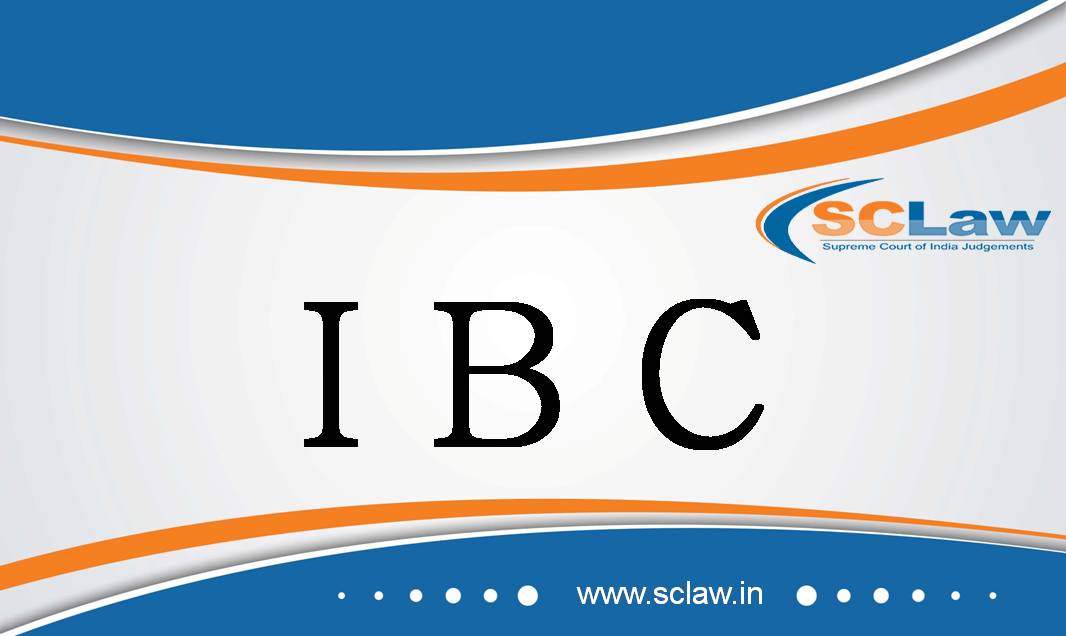A judgment and/or decree for money in favour of the Financial Creditor, passed by the DRT, or any other Tribunal or Court, or the issuance of a Certificate of Recovery in favour of the Financial Creditor, would give rise to a fresh cause of action for the Financial Creditor, to initiate proceedings under Section 7 of the IBC
SUPREME COURT OF INDIA DIVISION BENCH DENA BANK (NOW BANK OF BARODA) — Appellant Vs. C. SHIVAKUMAR REDDY AND ANR. — Respondent ( Before : Indira Banerjee and V. Ramasubramanian,…

